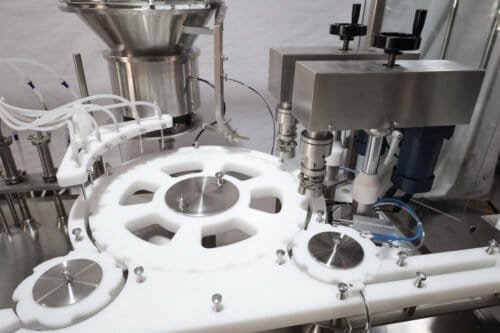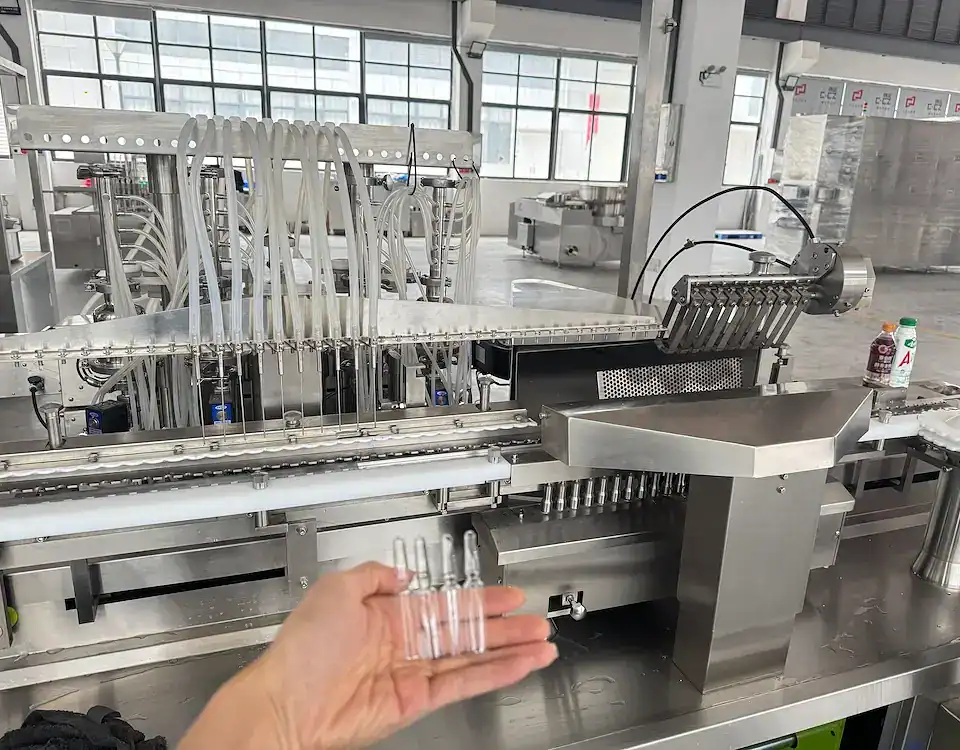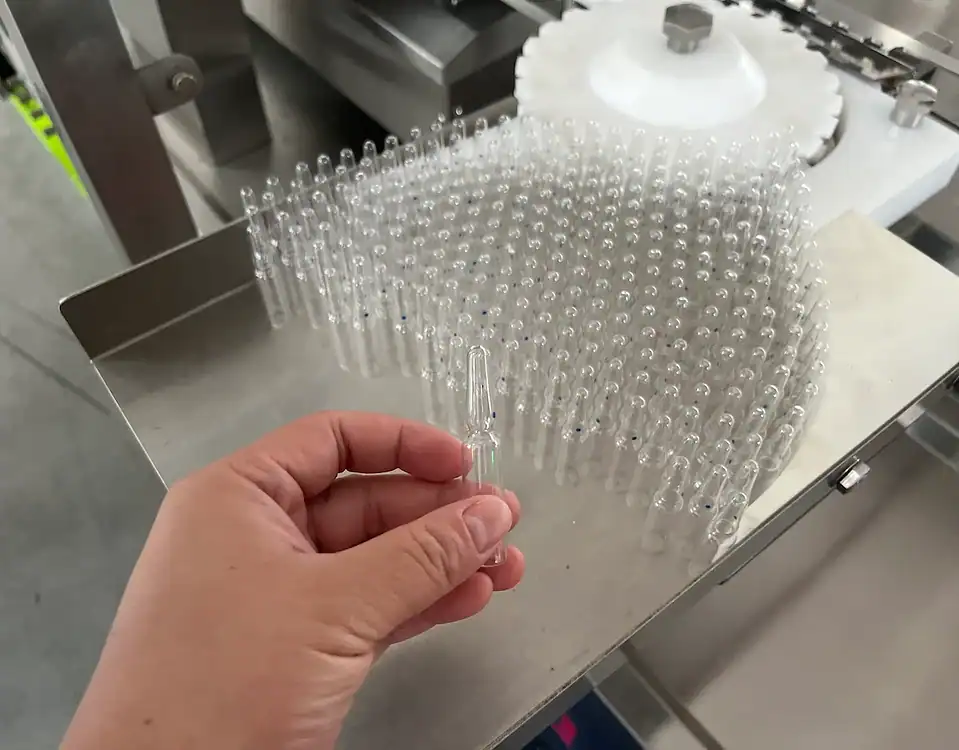
8 Major Applications of Blister Card Packaging Machines
1-e1743495799783-150x150.png)
PVC and PVDC in Pharmaceutical Packaging: A Comprehensive Guide
A new frontier of “serum protein” from genetically modified pig liver transplantation
Introduction
Recent breakthroughs in gene editing and biotechnology have opened new frontiers in medical treatment. A landmark study published in Nature and Cell demonstrated the first successful transplant of a gene-modified pig liver into a brain-dead human recipient. This study offers a promising solution to the donor shortage in liver transplants and provides fresh insights into serum protein production.

Gene-Modified Pig Liver Transplantation and Its Impact on Serum Protein[1]
Liver transplantation is the most effective treatment for end-stage liver diseases. However, donor livers fall far short of demand. Pigs share similar physiology and body size with humans. They have thus emerged as a potential alternative organ source. Recent advances in gene editing have enabled scientists to modify pig organs to reduce rejection risks and enhance compatibility with human recipients.

In the study, researchers from China’s Fourth Military Medical University led by Dong Hailong, Wang Lin, and Dou Kefeng performed the first pig-to-human liver xenotransplantation under strict hospital ethics supervision. They transplanted a liver from a Bama miniature pig with six edited genes into a brain-dead recipient. The gene edits removed rejection-causing genes and inserted human transgenes to boost compatibility. During a 10-day observation period, the pig liver maintained stable blood flow and produced bile and pig serum protein. Immunosuppressants controlled the immune response, showing no signs of rejection.
Although the study observed only basic liver functions over a short period, it highlights the potential of gene-modified pig livers to produce serum protein and support patients waiting for human donor livers.
The Medical Significance of Serum Protein and Human Albumin
Serum protein plays a crucial role in maintaining blood osmotic pressure and transporting drugs and nutrients. Human albumin is the primary protein in blood. It is vital for treating hypoalbuminemia, liver cirrhosis, burns, and postoperative recovery. The pig liver’s ability to produce serum protein suggests a future where gene-modified organs supply these essential proteins.
Gene editing may soon allow pig livers to produce high-quality serum protein that mimics human albumin. This development could revolutionize treatment for patients who depend on regular albumin supplementation. It also offers the pharmaceutical industry a controlled and stable source of this vital protein.
Advanced Pharmaceutical Packaging for Serum Protein and Human Albumin
As the demand for serum protein and human albumin grows, the packaging process becomes a critical link in the production chain. Advanced packaging machinery ensures that these sensitive biological products remain uncontaminated and effective during storage and transport. Modern packaging systems optimize efficiency and minimize material waste.
Vials and Waters Vials
Glass vials are the industry standard for packaging liquid pharmaceuticals like serum protein and human albumin. Waters vials, known for their exceptional transparency and chemical stability, help maintain the integrity of active ingredients. They ensure that the proteins do not degrade when exposed to light or moisture.

Blister Packaging
Blister packaging uses thermoforming to seal pharmaceuticals in plastic film. This method protects the product from moisture and light while reducing cross-contamination. It allows patients to conveniently access precise doses, ensuring the safe administration of serum protein products.Grand Pharmaceutical Solutions
Grand Pharmaceutical offers cutting-edge packaging machinery designed for the pharmaceutical industry. Their equipment, including laboratory pharmaceutical packaging systems and the Xilin Vial Filling Machine, delivers precise and sterile packaging solutions. These machines ensure high production efficiency and product safety, meeting the strict standards of modern pharmaceutical production.
Future Outlook and Research Directions
The gene-modified pig liver transplantation study is a breakthrough that may transform serum protein production and human albumin therapy. Future research must extend the observation period and comprehensively assess liver function. Researchers will also work to improve gene editing and immune regulation techniques for long-term organ survival.
The integration of advanced packaging technologies is equally important. Combining innovations in Vials, waters vials, and Blister packaging with high-precision machinery from Grand Pharmaceutical will drive down production costs and improve drug quality. These advancements will offer patients safer and more effective treatments.

By staying at the forefront of scientific research and packaging technology, the medical and pharmaceutical industries are set to deliver revolutionary changes. The collaboration between researchers and packaging solution providers promises to enhance the quality of serum protein products and ensure that life-saving treatments reach patients worldwide.
In summary, serum protein is essential to health and disease treatment. Gene-modified pig liver transplantation demonstrates new ways to produce serum protein and human albumin. At the same time, advanced pharmaceutical packaging solutions guarantee that these vital proteins are delivered safely. By harnessing cutting-edge technology and efficient packaging equipment from Grand Pharmaceutical, including their laboratory pharmaceutical packaging systems and Xilin Vial Filling Machine, the future of medical treatment looks promising and transformative.




